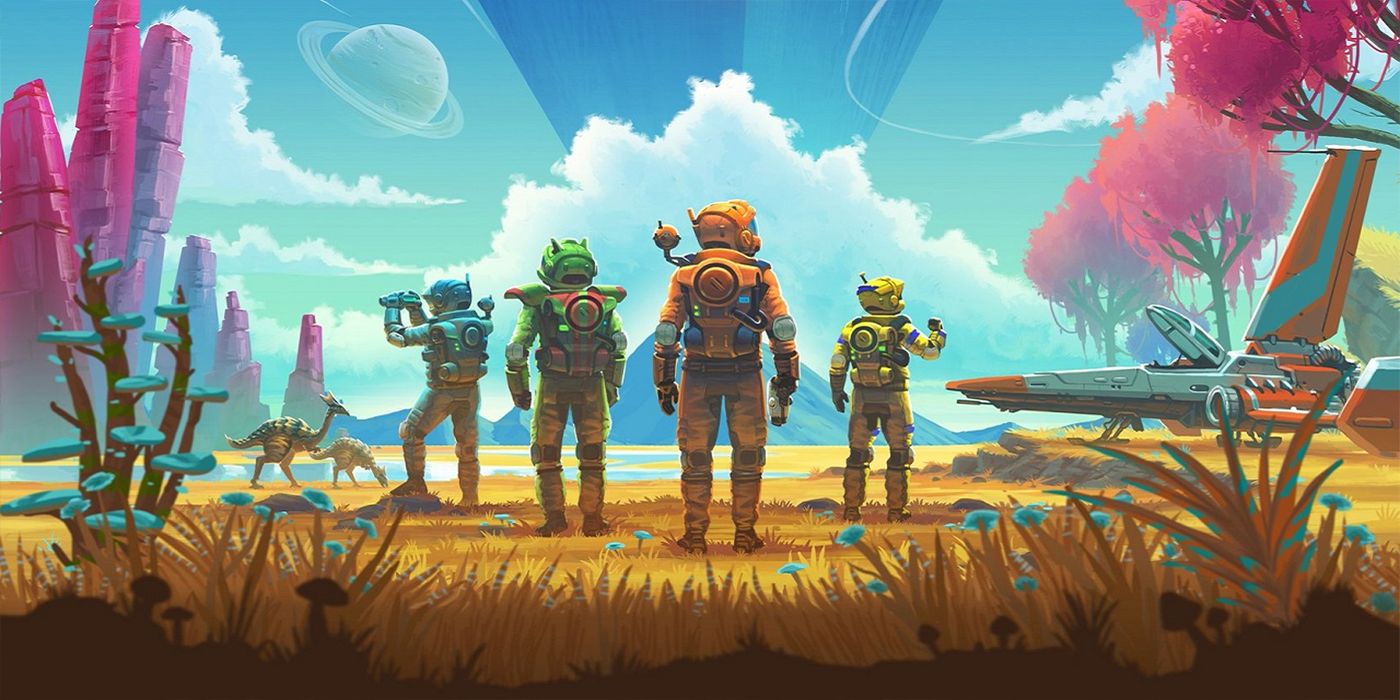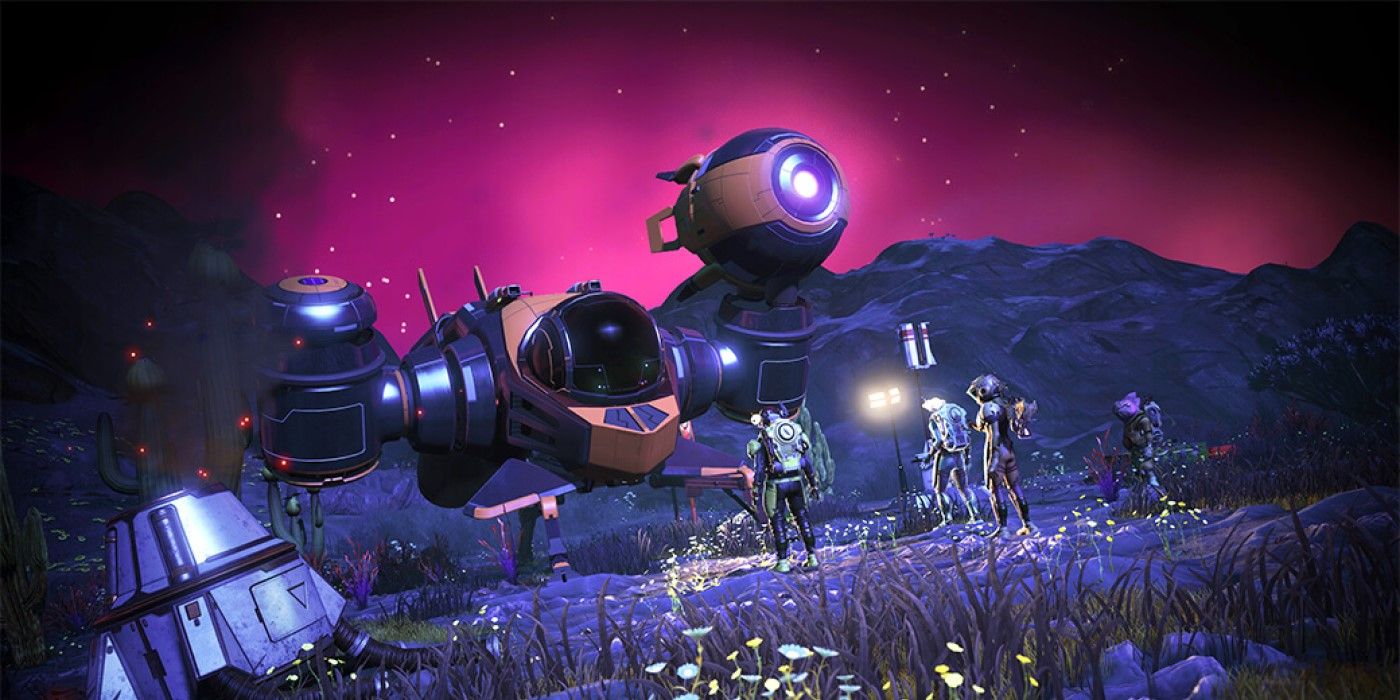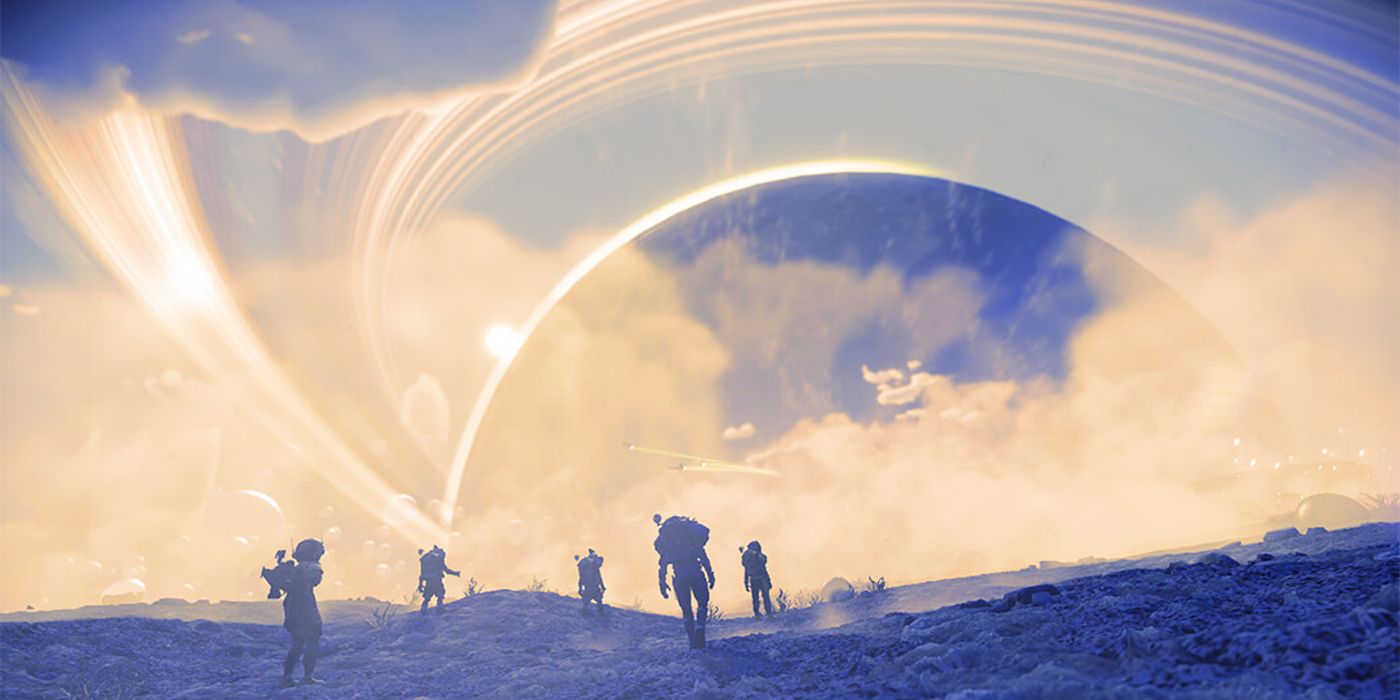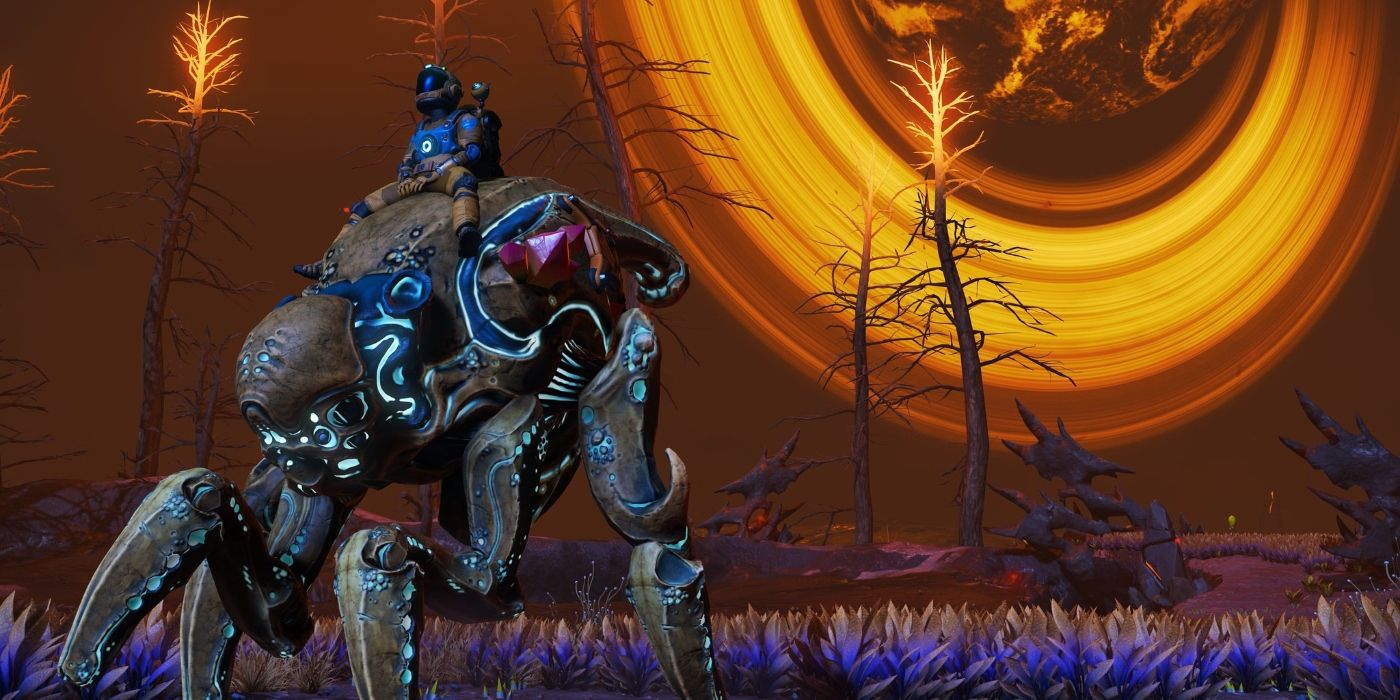
The release, immediate backlash, and eventual revival of No Man's Sky has been well-documented by now. The game released and wasn't necessarily quite what many players expected it to be, and the game appeared to be a letdown. That was until Hello Games released update after update, year after year, adding an incredible amount of content to the game and expanding upon what the game already was, adding entirely new systems to it. Now No Man's Sky has base-building, actual multiplayer, VR, much more variety to the worlds and organisms on them, and a ton more.
No Man's Sky isn't the only game to release that players didn't respond well to. There have been a lot more in recent years; some of these games have dug themselves out of their graves, while others have just laid down and died. There are a lot of lessons to be learned from how No Man's Sky reacted to its situation.
RELATED: Everything You Need to Know About No Man's Sky's Expeditions

First things first, while No Man's Sky's comeback has been impressive, it should be noted that there's a lot to NMS's situation that was completely unique. For one, No Man's Sky seemingly had the entire internet in its grip for years before release. Because of this, NMS sold an absurd amount of copies as pre-orders before anyone knew the actual quality of the game. And so, even though a lot of players fell off the NMS bandwagon right after release, the game made a crazy amount of money.
This meant that, despite the negative reaction to the game, the developer could afford to spend the time adding tons of really good and meaningful content to it post-release. It also meant that there were always going to be tons of eyes on No Man's Sky update, paying careful attention to each and every one. People were going to be well-aware of what was included in each update, and that meant a lot of players came back when new stuff was added.
RELATED: The Best Evolving Games of 2020

And these No Man's Sky updates were truly large. Oftentimes, there were months or even a year between these updates, but that's because there weren't just a couple of things added each time; each update felt like an entire expansion to the game. This gave players plenty of time to really dig into the updates and experience all that they had to offer between expansions, which is pretty important considering the scale of NMS.
Other games that are looking to dig out of a similar hole are going to have to do the same thing. The space between the updates doesn't matter too much with an online or live service game, as long as there aren't years and years between them. What does matter is that every time an update comes out, it can excite players. It can give those players that have stuck with the game vindication for doing so, and it can bring players that might have abandoned it, or might have never given it a shot in the first place, a reason to pick it up.

Another really important aspect of the NMS situation had to do with optics. While many players felt betrayed with how the marketing portrayed No Man's Sky vs. what the game actually was when it released, Hello Games owned the situation shortly after launch. It seemed to understand many of the issues players had, and it didn't become defensive about the situation. Instead, Hello Games went to work on improving the game, and a lot of players have an enormous amount of respect for the developer now. It doesn't matter how many good updates a game has after a bad release if the players' harbor ill-will for the developer; they aren't going to give the game much of a chance, regardless of the quality of the updates.
No Man's Sky is available on PC, PS4, PS5, Xbox One, and Xbox Series X/S.
MORE: Leaked Starfield Screenshot Looks Like Mass Effect and No Man's Sky Crossover

